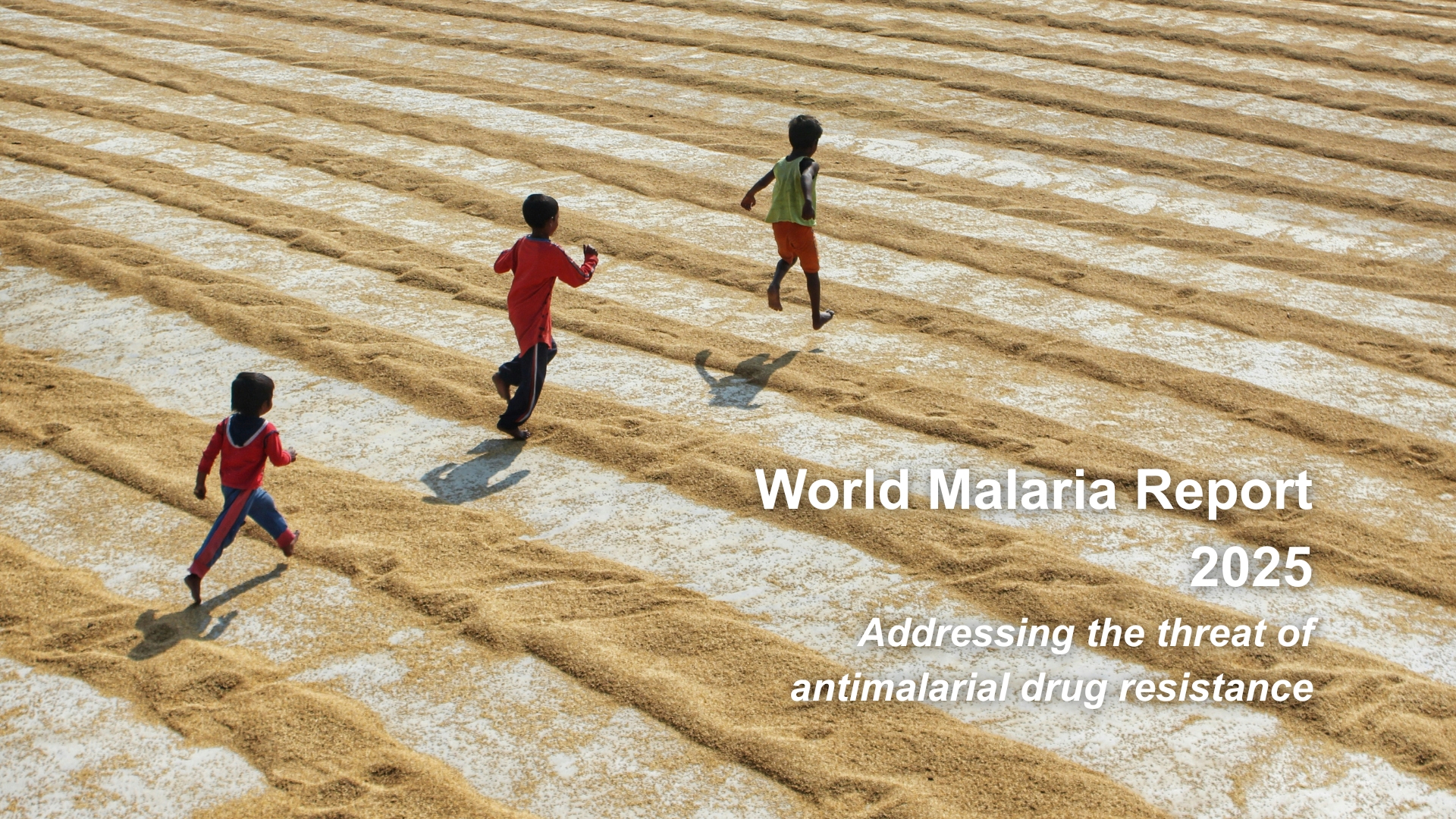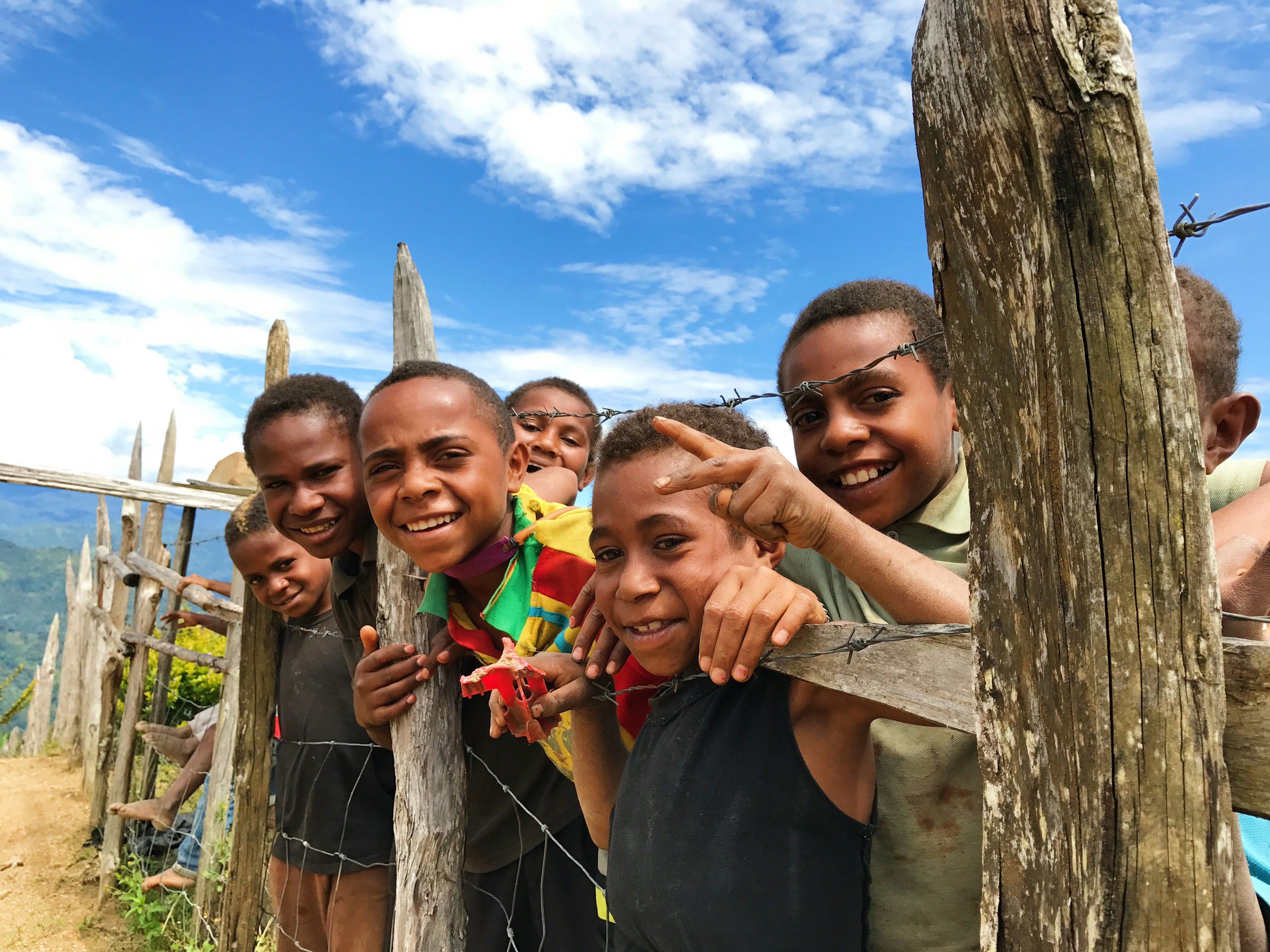
“Mosquitos don’t carry passports; ending malaria is a challenge that supersedes borders.”
At the 9th East Asia Summit (EAS) Foreign Ministers Meeting in Bangkok on 02 August 2019, the Ministers recalled their commitment to the goal of an Asia-Pacific free of malaria by 2030, and acknowledged ongoing efforts to implement proposed actions in the Asia Pacific Leaders’ Malaria Elimination Roadmap, including the preparation of a 5-year progress report to the Leaders in 2020.
Asia and the Pacific countries have made extraordinary progress in the fight against malaria. Since 2010, malaria cases have been reduced by 47 percent and deaths by 78 percent. The progress has been fuelled by the political commitment to end malaria and significant increases in domestic funding for malaria programs.
However, significant challenges remain. Progress across Asia and the Pacific is uneven, and recent studies have found that the presence of drug-resistant strains of malaria is on the rise in South-East Asia.1
The Roadmap, now endorsed by 23 countries, contains a provision for reporting back to the EAS periodically. With 10 years left to achieve the 2030 Malaria Elimination Goal, 2020 is an ideal time to report back to EAS Heads of Government on both the significant achievements and remaining challenges.
APLMA and APMEN work to translate the political commitment to end malaria into actions by coordinating regional efforts, benchmarking and communicating progress, providing technical support, mobilizing additional funds, and by engaging all sectors in the fight against malaria.
[1] - https://www.thelancet.com/journals/laninf/article/PIIS1473-3099(19)30392-5/fulltext
.svg)


.jpg)






